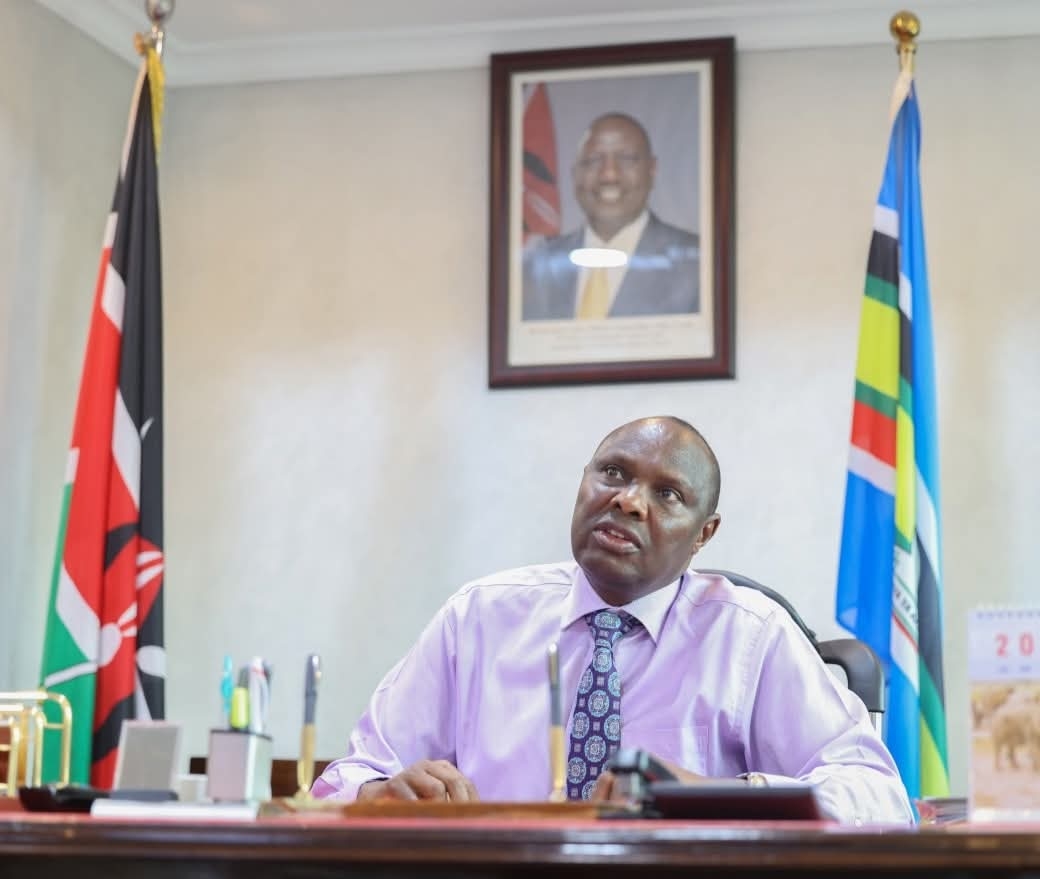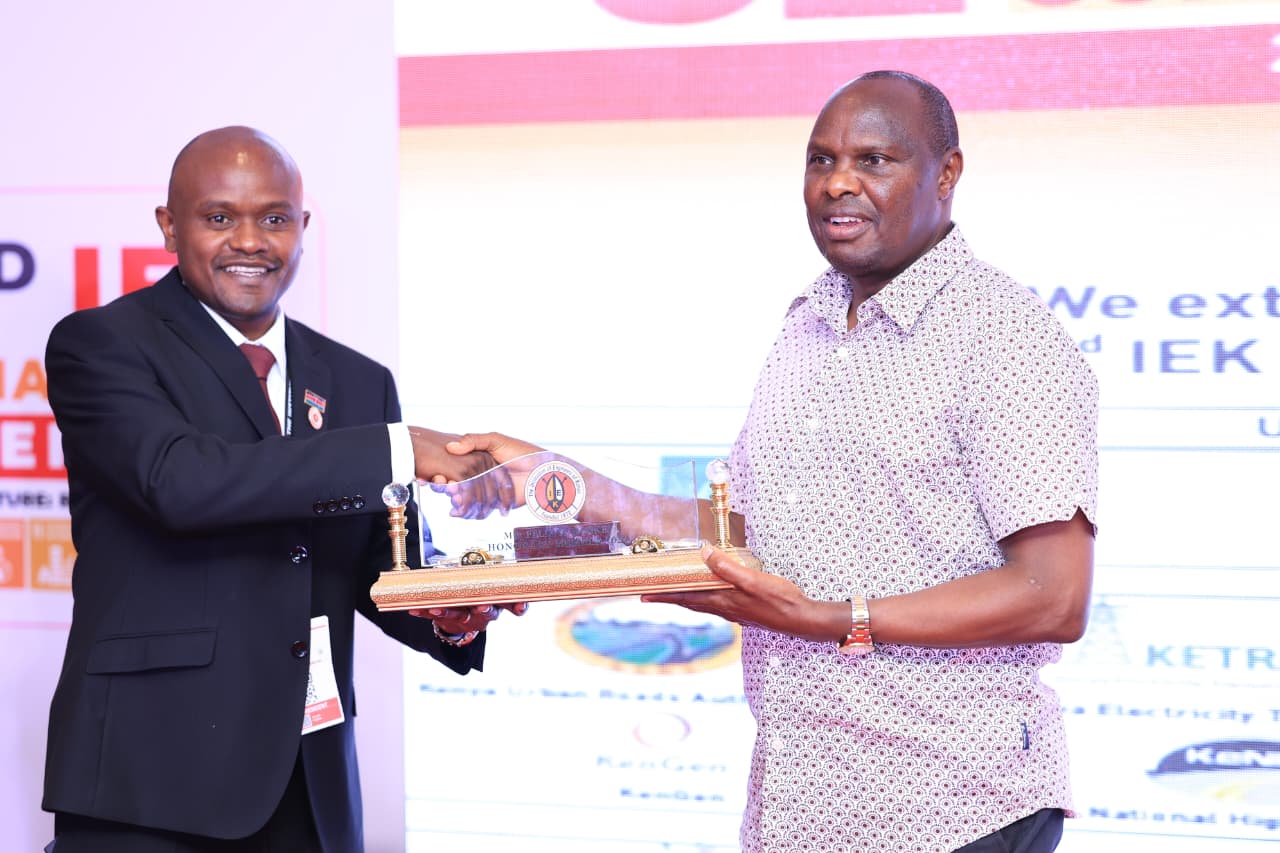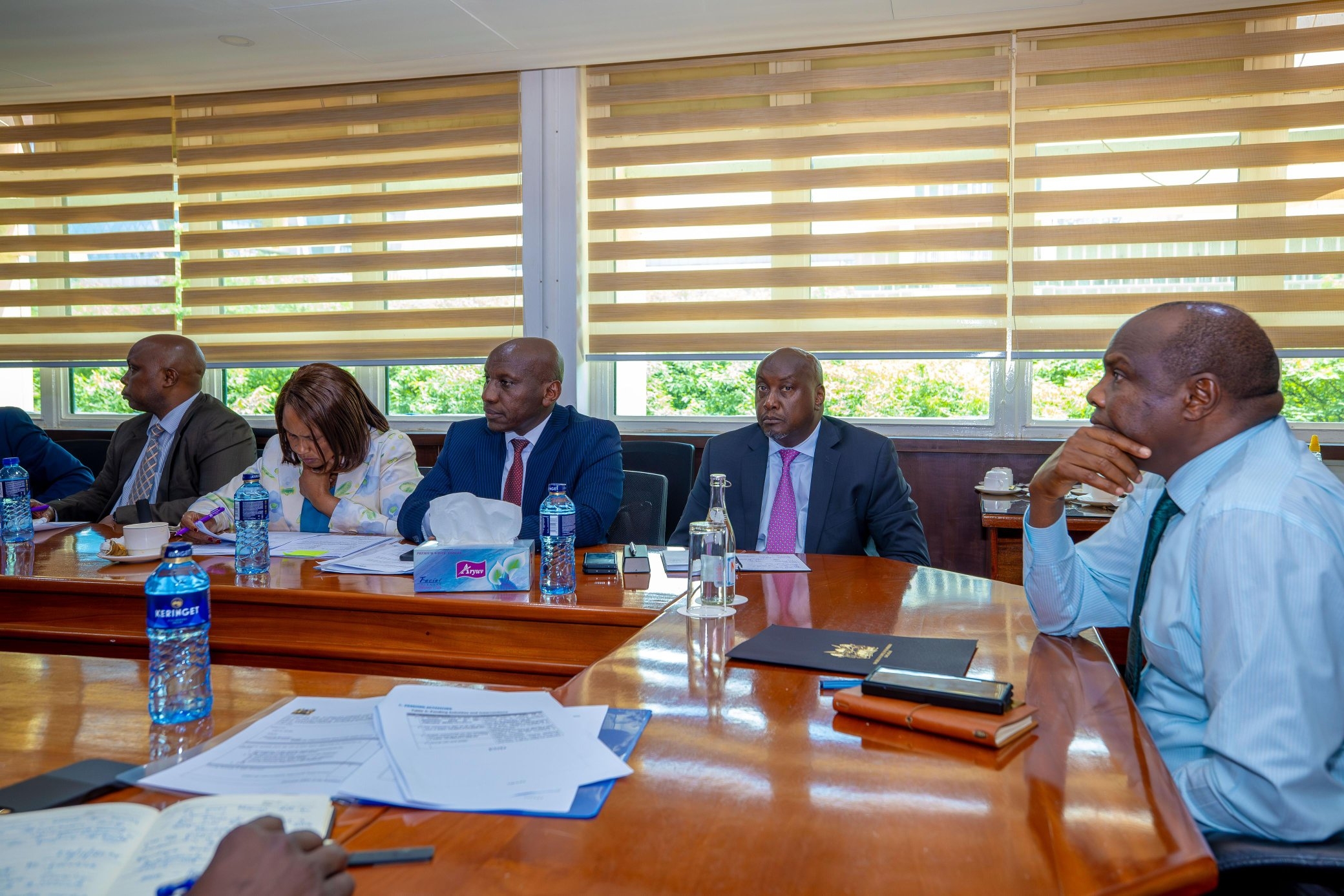

Head of Public Service Felix Koskei has warned that Kenya can only achieve meaningful national transformation if its public institutions embrace integrity, accountability and innovation, urging engineers to take the lead in driving this shift.
Koskei said the country’s progress will not be defined solely by physical infrastructure but by the strength and ethics of institutions entrusted with delivering development.
“A nation can only rise as high as the integrity of its institutions. Public office is a trust, not a privilege,” he said, adding that ethical conduct must be the norm rather than the exception.
He challenged engineers to envision a Kenya powered by innovation and anchored on global best practices, noting that true engineering extends beyond structures to include governance systems that ensure projects are sustainable and impactful.
He made the remarks when he officially opened the 32nd international Institution of Engineers of Kenya (IEK) convention in Mombasa.
Koskei said the world is undergoing rapid change, driven by digital disruption, climate pressures, demographic shifts and evolving bio-economic systems, requiring Kenya’s public service to adapt “with precision and agility.”
Drawing lessons from countries like Singapore, China and South Korea, he said strong, accountable institutions form the spine of successful development models.
Koskei announced a raft of reforms aimed at strengthening professionalism in the public sector, including digital transformation, merit-based recruitment, enhanced monitoring and evaluation frameworks, and adherence to OECD integrity principles.
He emphasised the restoration of consequence management across government, saying misconduct, whether ethical, technical or financial, will attract lawful consequences, while officers who make unintended errors will receive support and training.
IEK President Shammah Kiteme said the convention is an important platform to rethink the role of engineers in shaping Kenya’s future.
He urged the government to address four key issues: creation of an Infrastructure Advisory Office in the President’s Office, leadership of major projects by local engineers, urgent settlement of pending bills, and appointment of engineers to lead technical parastatals.
He highlighted the human cost of pending bills, recalling the recent death of an engineer who was auctioned after delayed payments left him unable to meet tax obligations.
Environment Principal Secretary Festus Ngeno called for engineering solutions that integrate climate resilience, warning that Kenya is facing intensifying risks from floods and droughts.
He commended IEK for championing green engineering, circular economy principles and low-carbon development.
Koskei reaffirmed the government’s commitment to building a digitally literate, innovation-driven technical workforce and urged young engineers to embrace lifelong learning.
“The Kenya of tomorrow demands a globally competitive, future-ready workforce,” he said.















